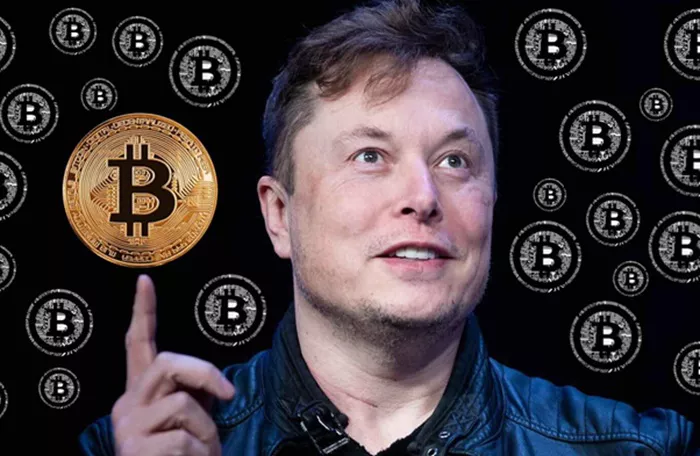Elon Musk and Vivek Ramaswamy are gearing up to challenge government inefficiencies with their newly announced initiative, the Department of Government Efficiency (DOGE). This ambitious effort aims to cut through the bureaucratic red tape that they argue stifles business growth and innovation. However, they may encounter significant obstacles—not just from the “unelected bureaucrats” they often criticize, but also from the complex landscape of regulatory politics influenced by previous administrations.
Despite a consistent production of matcha tea, the surge in demand driven by social media platforms like TikTok has strained supply chains and created shortages in Japan. This phenomenon underscores how rapidly changing consumer preferences can impact traditional industries.
Musk’s recent comments on X, where he suggested abolishing the Consumer Financial Protection Bureau (CFPB) altogether, reflect his commitment to reducing what he sees as duplicative regulatory agencies. He stated, “Delete CFPB,” emphasizing his belief that streamlining regulations is essential for fostering a more business-friendly environment. However, experts caution that while some areas may see deregulation, others—particularly immigration and healthcare—could experience increased regulation under former President Donald Trump’s administration.
Historically, Trump has focused on cutting regulations, but his record shows a mixed bag of outcomes. During his first term, Washington finalized over 1,300 regulations at a significant cost to businesses. Although he did manage to reduce regulations in 2018, overall regulatory costs rose during his tenure. As he prepares for a potential second term, Trump has promised an aggressive deregulatory agenda that could include eliminating ten regulations for every new one introduced.
The DOGE initiative is poised to operate outside traditional government structures, which raises questions about its actual influence and authority. While it aims to identify inefficiencies and recommend changes to federal agencies, it lacks official powers to enforce these recommendations. Legal experts have expressed skepticism about how effective DOGE will be in navigating the complexities of federal regulation.
As Musk and Ramaswamy embark on this ambitious mission, they will need to navigate not only the existing regulatory landscape but also the potential for new rules emerging from Trump’s campaign promises. With a target completion date set for July 4, 2026—the 250th anniversary of the Declaration of Independence—the success of DOGE will depend on its ability to adapt and respond to the evolving political climate.
READ MORE:

